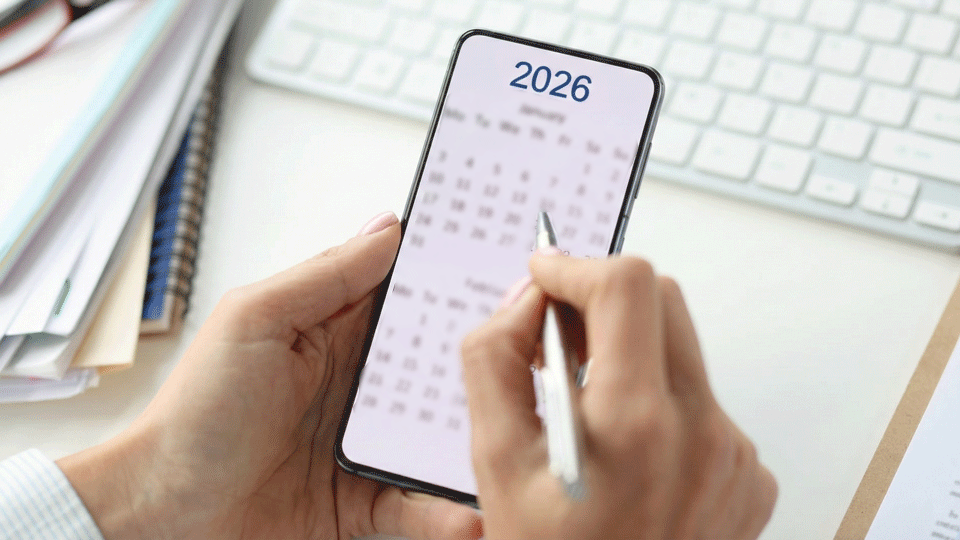Digital workflows, OCR (Optical Character Recognition) or AI (artificial intelligence) - the variety of innovative technologies related to contract management has developed rapidly in recent years. Companies of all sizes face the challenge of regularly analyzing and improving their contract-related processes. This is the only way they can keep pace with increasing business demands and the changing digital landscape. To that end, 90% of multinational, global enterprises are deploying contract management software by 2023, according to Gartner.
Read about which trends and movements the legal industry is discussing particularly heatedly this year in the following blog post.
1. The increasing role of artificial intelligence
According to a recent benchmark study by the WorldCC, nearly 50% of businesses expect artificial intelligence to lead to major efficiency gains in contract management over the next two to three years. If departments spend the necessary resources to properly train or develop the tools, this can further shorten the timeline. AI is influencing the future of contract management in terms of automating workflows, increasing security, and reducing risk.
AI-powered software such as Fabasoft Contracts assists with numerous activities along the contract lifecycle - from automatic creation to digitization of the existing archive. It enables documents to be dragged and dropped into the cloud, standardizing the extraction as well as classification of metadata.
The digital transformation of business processes
Increasing digitization is fundamentally influencing and simplifying our business lives. "Die Deutsche Wirtschaft" believes that companies have a duty to recognize the existing need for action with regard to process automation and to develop a digital strategy. This also includes functioning change management. After all, technological progress simultaneously means changing one's own way of working.
According to a study by Gartner, automated business processes are gradually replacing paper-based processes and are thus establishing their position as the "new normal". Almost 68% of legal departments state that the "digitization of manual processes" is a top priority.
2. Automation of legal matters through digital legal matter management
In order to standardize legal matters, more and more companies are relying not only on smart contract management software, but also on standardized legal matter management. This enables information and documents on the respective cases to be efficiently collected, managed and stored in an audit-proof manner using inquiry management and Microsoft Outlook integration. The combination of both systems in a smart tool like Fabasoft Contracts prevents media discontinuities and creates enormous advantages. Due to the automation of legal requests, they enter the digital solution directly upon submission, where workflows start independently and the organized processing performs well right from the start.
Digital file management goes hand in hand with clear storage of related information in one place - keyword "single point of truth". This makes legal processes comprehensible and avoids different levels of knowledge as well as tedious search and research processes.
3. Cross-departmental contract management and self-service
Just a few years ago, the legal department was the sole user of contract management software and was therefore responsible for the creation and management of all agreements. Contract-intensive areas such as sales, purchasing or HR were therefore dependent on the information and support of the legal colleagues. Now, the self-service approach is becoming increasingly established.
The goal is a common, overarching contract management system that allows employees from the specialist departments to access the relevant agreements themselves thanks to a role-based authorization concept. In addition to a significant increase in efficiency, this also leads to greater independence and thus reduces the workload of all the people and teams involved.
In addition, templates that have already been checked and approved help the parties involved in the automated creation of contracts. According to the Legal Tech Barometer, almost 60% of lawyers from companies, law firms and the public sector consider the use of templates and text modules to be particularly important.
4. Conclusion
There is no way around digitization in contract management. Investments in AI and automation with regard to the processing of agreements should therefore not be missing from any company's list of priorities for 2023. A key element here is the self-service principle - both in contract management and in legal matter management. Overall, digitization is changing working methods and operational processes. Appropriate change management will ensure that the new potential is used to the maximum.
What New Year's resolutions are you making for contract management in 2023? Feel free to write to us at contracts@fabasoft.com.




